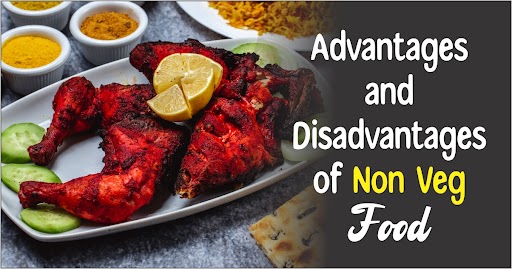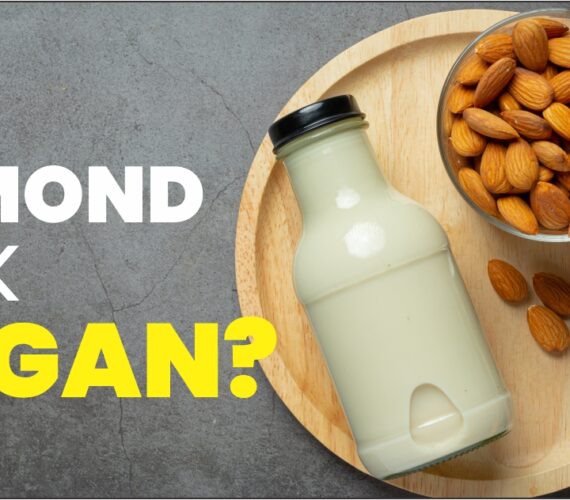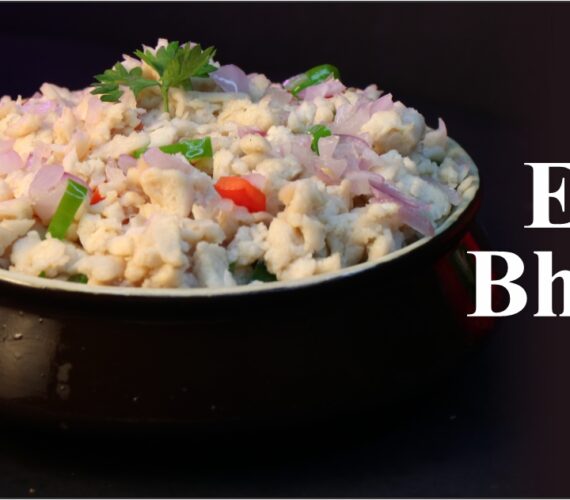When it comes to dietary choices, the decision between vegetarian and non-vegetarian food is a topic of considerable debate. Non-vegetarian, or “non-veg” food, includes meat, poultry, fish, and other animal products. In this article, we will explore the advantages and disadvantages of consuming non-veg food to help you make an informed decision about your dietary preferences.
Advantages Of Non-Veg Food
Rich in Protein
One of the primary advantages of non-veg food is its high protein content. Protein is essential for muscle development, tissue repair, and overall growth. Meat, fish, and poultry are excellent sources of complete proteins, providing all the essential amino acids our bodies need. It is crucial to consume protein in order to maintain good physical and mental health. According to medical studies, animal protein is more superior to plant protein like pulses and milk.
Also Check :- 13 Foods That Are Good for Your Liver
Nutrient Density
Non-veg foods are often packed with essential nutrients like vitamins (especially B vitamins like B12), minerals (such as iron and zinc), and omega-3 fatty acids. These nutrients are crucial for maintaining good health and preventing nutritional deficiencies.
Improved Muscle Mass
Due to its high protein content and amino acid profile, non-veg food can help individuals build and maintain muscle mass more effectively than vegetarian diets. This is particularly beneficial for athletes and individuals engaged in strength training.
Enhanced Cognitive Function
Certain nutrients found in non-veg food, such as omega-3 fatty acids and vitamin D, have been linked to improved cognitive function and reduced risk of neurodegenerative diseases like Alzheimer’s.
Better Iron Absorption
Non-veg food contains heme iron, which is more readily absorbed by the body compared to non-heme iron found in plant-based foods. This can be especially beneficial for individuals at risk of iron-deficiency anemia.
Protein
Non-vegetarian foods are a good source of protein, which is essential for building and repairing tissues, producing enzymes and hormones, and transporting oxygen throughout the body.
Iron
Red meat is a good source of iron, which is important for carrying oxygen in the blood. Vegetarians can get iron from plant sources such as beans, lentils, and leafy green vegetables, but they may need to consume more of these foods to meet their iron needs.
Vitamin B12
Vitamin B12 is found in animal products and is essential for the production of red blood cells and the function of the nervous system. Vegetarians and vegans need to take a vitamin B12 supplement or eat foods that are fortified with vitamin B12, such as fortified cereals and plant milks.
Zinc
Zinc is important for the immune system, wound healing, and reproduction. Non-vegetarian foods are a good source of zinc.
Omega-3 fatty acids
Omega-3 fatty acids are important for heart health and brain function. They are found in fatty fish such as salmon, tuna, and mackerel.
Weight gain advantages of non veg
Non-vegetarian foods are calorie-dense, which can help people who are trying to gain weight.
Improved athletic performance
Non-vegetarian foods can help improve athletic performance by providing the body with the protein and nutrients it needs to build and repair muscle tissue.
Reduced risk of anemia
Anemia is a condition in which the body does not have enough healthy red blood cells. Non-vegetarian foods can help reduce the risk of anemia by providing the body with iron, which is an essential component of red blood cells.
Better Health And Fitness
During the winter months, non-vegetarian food including meat, chicken, fish, as well as eggs maintain your body’s heat and protect you from the cold and wind. Fish and eggs contain vitamins, proteins, nutrients, and minerals that are beneficial to our bodies. A variety of immunity disorders can be treated with chicken, fish, and other meats that are rich in nutrients.
Disadvantages Of Non Veg Food
In a world where dietary choices vary widely, the debate between vegetarianism and non-vegetarianism continues to simmer. While non-vegetarian diets offer an array of flavors and nutrients, they are not without their drawbacks. In this comprehensive article, we will delve into the disadvantages of non-veg food, shedding light on aspects that may prompt you to reevaluate your dietary preferences.
Red Meat and Cancer
There are several types of cancer caused by consuming large quantities of red meat, including prostate, breast, kidney, and digestive tract cancers. The consumption of red meat and well-processed meat is strongly associated with colon cancer among all cancer types. Yet studies have shown that even when poultry meat is cooked to the point that it turns black, the risk of colon cancer is reduced.
Environmental Impact
The production of non-veg food, especially beef, has a significant environmental footprint. It contributes to deforestation, greenhouse gas emissions, and water pollution. Choosing non-veg food can have a negative impact on the planet.
Deforestation and Habitat Loss
The meat industry’s demand for land has led to deforestation and habitat destruction. Forests are cleared to make way for livestock farming, threatening biodiversity and contributing to climate change.
Greenhouse Gas Emissions
Animal agriculture is a significant contributor to greenhouse gas emissions, particularly methane and nitrous oxide. These gases trap heat in the atmosphere, exacerbating global warming.
Heart diseases
It has been shown in observational studies that meat consumption is linked to the risk of developing heart disease. It has been found that people who consume processed meat products have a higher risk of heart disease. It has been reported that a high risk factor for heart disease is associated with the consumption of meat on a regular basis.
Ethical Considerations
Animal Welfare Concerns
Non-veg diets raise ethical dilemmas concerning animal welfare. The conditions in which animals are raised and slaughtered in factory farms can be inhumane, causing distress to animals.
Factory Farming Practices
Factory farming, a common method of meat production, often involves overcrowded and unsanitary conditions, excessive use of antibiotics, and other practices that compromise animal well-being.
Hormonal Imbalance
When you consume a lot of meat, you’re going to consume more cholesterol, which may result in an imbalance in steroid hormones as a result.
Is It Good To Have Non-Veg Food Or Veg Foods?
Whether it’s good to have non-vegetarian (non-veg) or vegetarian (veg) foods depends on various factors, including individual dietary preferences, nutritional requirements, cultural and ethical beliefs, and health considerations. Both non-vegetarian and vegetarian diets can be healthy and provide essential nutrients when planned properly. Here are some key points to consider:
Nutritional Content: Non-vegetarian foods such as meat, poultry, and fish are rich sources of complete proteins, vitamin B12, and certain minerals like iron and zinc. However, many essential nutrients, including fiber, vitamins, and antioxidants, are abundant in a variety of vegetarian foods like fruits, vegetables, legumes, and whole grains.
Health Considerations: Research suggests that a well-balanced vegetarian diet can be associated with lower risks of certain chronic diseases like heart disease and some types of cancer. However, it’s essential to choose lean cuts of meat and poultry and avoid excessive consumption of processed meats to reduce potential health risks associated with non-vegetarian diets.
Ethical and Environmental Concerns: Some people choose vegetarian or vegan diets due to ethical concerns about animal welfare and environmental sustainability. Reducing meat consumption can help lower greenhouse gas emissions and reduce the overall environmental impact of food production.
Cultural and Personal Preferences: Dietary choices often reflect cultural and personal beliefs. People may choose to follow a vegetarian or non-vegetarian diet based on their upbringing, traditions, or personal tastes.
Individual Dietary Needs: Individual nutritional requirements vary based on age, gender, activity level, and health status. Some individuals may thrive on a vegetarian diet, while others may require specific nutrients found more abundantly in non-vegetarian foods.
Balanced Diet: Whether one chooses a non-vegetarian or vegetarian diet, the key to good nutrition is balance. A well-rounded diet that includes a variety of foods from all food groups, along with proper portion control, is essential for overall health.
In conclusion, the choice between non-vegetarian and vegetarian foods should be made based on individual preferences and nutritional needs. Both types of diets can be healthy when planned thoughtfully to ensure they provide the necessary nutrients. It’s always a good idea to consult with a healthcare professional or registered dietitian for personalized dietary guidance based on your specific requirements and goals.








